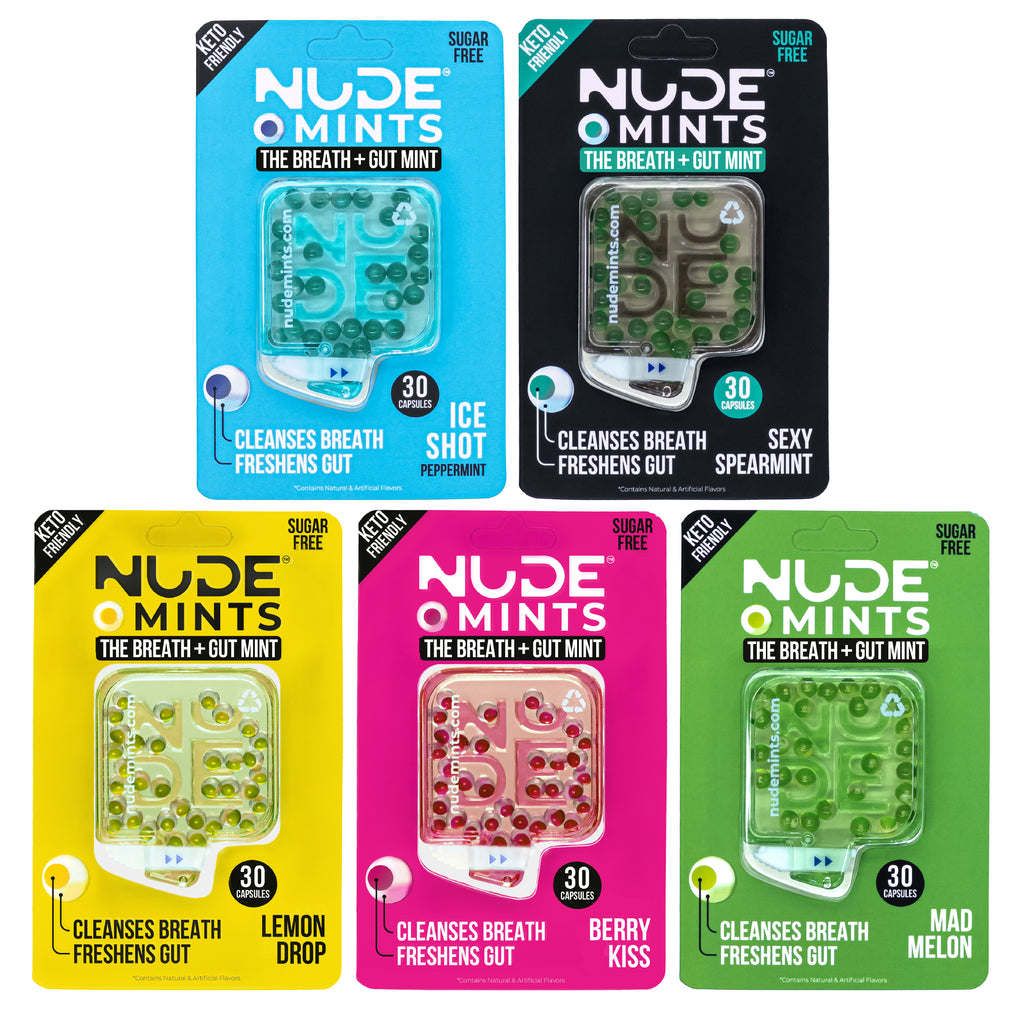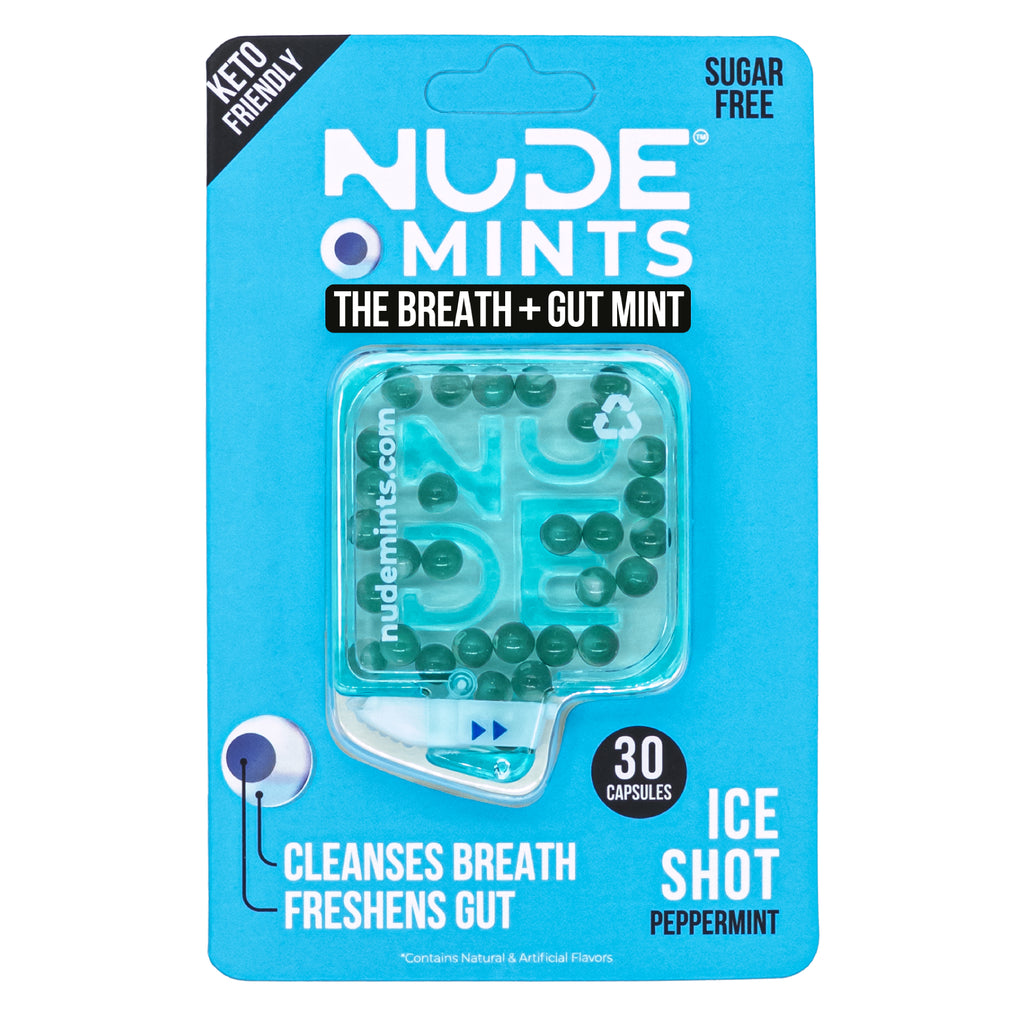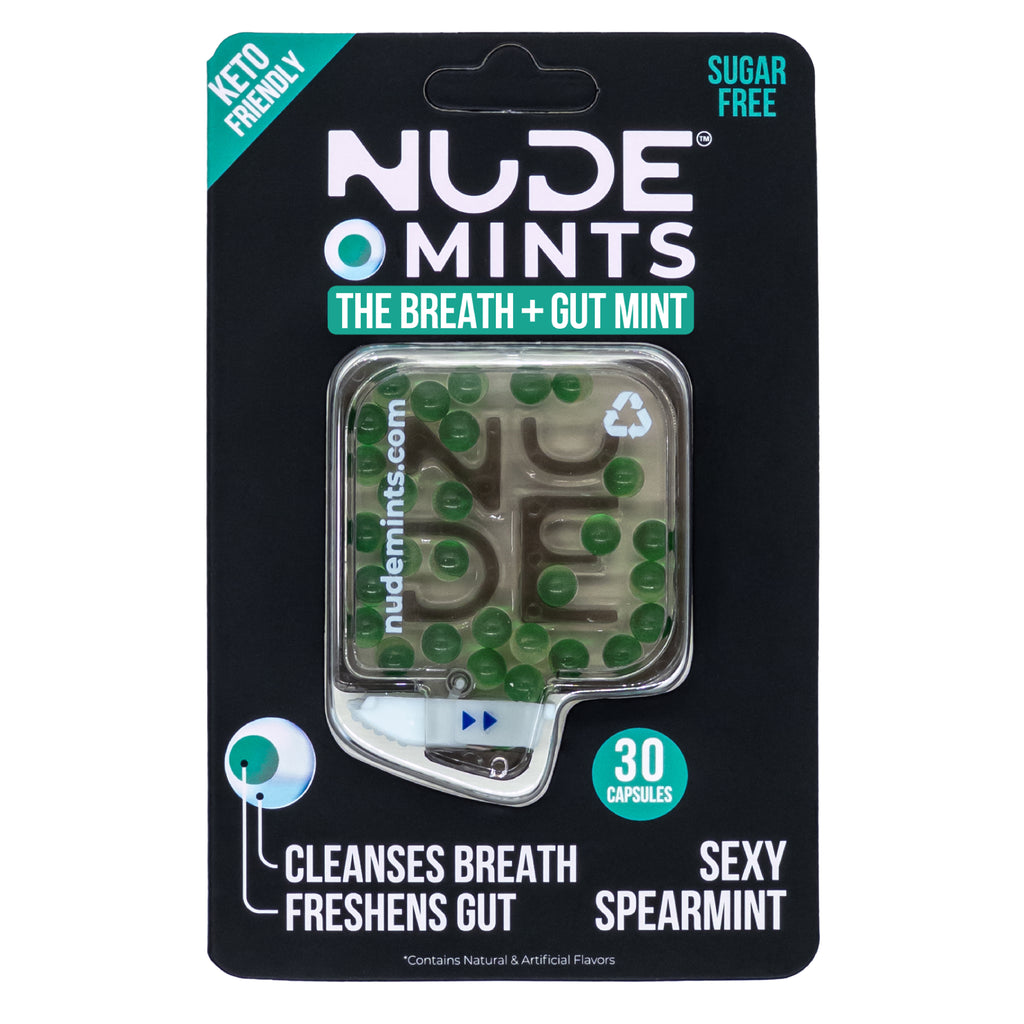What You Can Do About Bad Breath
-
It’s easy to improve your breath and keep your teeth and gums healthy at the same time. Try these simple steps to make your mouth feel fresh and clean.
1. Brush and floss more often.
Plaque, the sticky buildup on your teeth, collects bacteria that cause bad breath. Trapped food also adds to the problem. Brush your teeth at least two times each day, and floss at least once. If you’re concerned about your breath, do both a little more often. Don’t overdo things, though. If you brush too hard you can wear down your teeth, making them vulnerable to decay.
2. Rinse your mouth out.
Besides freshening your breath, a mouthwash adds extra protection by getting rid of bacteria. A fresh minty taste can make you feel good. But be sure the mouthwash you choose kills the germs that cause bad breath. Don’t just cover up the smell. Rinse daily with a good mouthwash and stop bad breath at its source.
You can also help your breath if you swish your mouth with plain water after you eat. It can get rid of food particles that get stuck in your teeth. 3. Scrape your tongue.
The coating that normally forms on your tongue can be a host for smelly bacteria. To get rid of them, gently brush your tongue with your toothbrush.
If your brush is too big to comfortably reach the back of your tongue, try a scraper. “They’re designed specifically to apply even pressure across the surface of the tongue area. This removes bacteria, food debris, and dead cells that brushing alone can’t take care of,” says hygienist Pamela L. Quinones, past president of the American Dental Hygienists’ Association.
4. Avoid foods that sour your breath.
Onions and garlic are big offenders. But brushing after you eat them doesn’t help. The substances that cause their bad smells make their way into your bloodstream and travel to your lungs, where you breathe them out, says dentist Richard Price, DMD, a spokesperson for the American Dental Association. The best way to stop the problem? Don’t eat them, or at least avoid them before you go to work or see friends.
5. Kick the tobacco habit.
Besides causing cancer, smoking can damage your gums, stain your teeth, and give you bad breath.
Over-the-counter nicotine patches can help tame the urge. If you need a little help, make an appointment with your doctor to talk about quit-smoking programs or prescription medications that can help you give up tobacco for good.
6. Skip after-dinner mints and chew gum instead.
The bacteria in your mouth love sugar. They use it to make acid. This wears down your teeth and causes bad breath. Chew sugarless gum instead.
“Gum stimulates saliva, which is the mouth’s natural defense mechanism against plaque acids, which cause tooth decay and bad breath,” Quinones says.
7. Keep your gums healthy.
Gum disease causes bad breath. Bacteria gather in pockets at the base of teeth, which creates an odor.
If you have gum disease, your dentist may suggest you see a periodontist, who specializes in treating it.
8. Moisten your mouth.
You can get tooth decay and bad breath if you don’t make enough saliva. If your mouth is dry, drink plenty of water during the day.
Chew sugarless gum or suck on sugar-free hard candy. Also try a humidifier at night to moisten the air in your house.
9. See your doctor.
If your bad breath continues despite your best efforts, make an appointment with your doctor. He’ll check to see if your problems are related to a medical condition.
Grab Some NUDE Mints Today
Is your breath feeling a little stale or emitting a bad odor? Get rid of the bad breath causes. Pop a mint in your mouth. Made with novel technology from Japan, you’ll get instant fresh breath and a confidence boost. Buy a pack of NUDE mints available in Ice Shot, Berry Kiss, Citrus Squeeze, Lemon Drop and Mad Melon.
Get the freshest news on your favorite mouth cleanser and gut freshener!
Read More
-
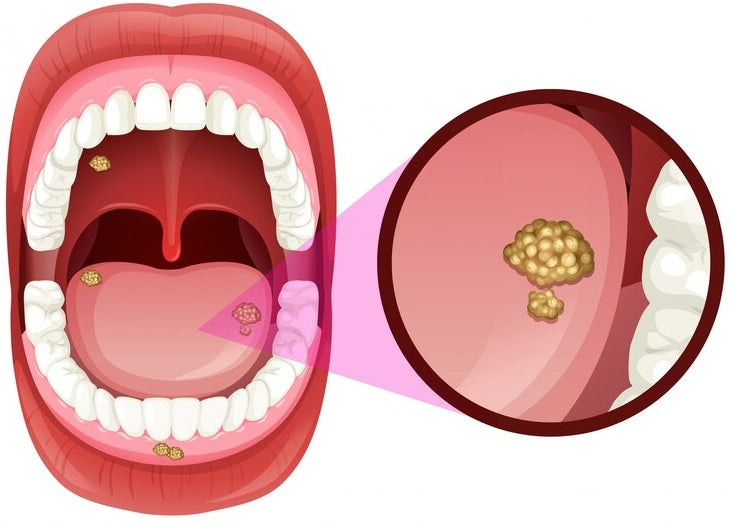
Halitosis: Understanding the Causes, Diagnosis, and Treatment for Fresh Breath
Halitosis, commonly known as bad breath, is a condition that affects a large number of people worldwide. It can be an embarrassing and isolating experience, but it is important to know that it is a common problem and that there are effective treatments available. In this article, we will discuss the causes, diagnosis, and treatment of halitosis. Causes of Halitosis Halitosis can have several causes, both internal and external. The most common causes include poor oral hygiene, dry mouth, certain foods and drinks, smoking, and certain medical conditions. Poor Oral Hygiene Poor oral hygiene is the most common cause of halitosis. When food particles and bacteria build up in the mouth, they can cause an unpleasant odor. Brushing and flossing...
-
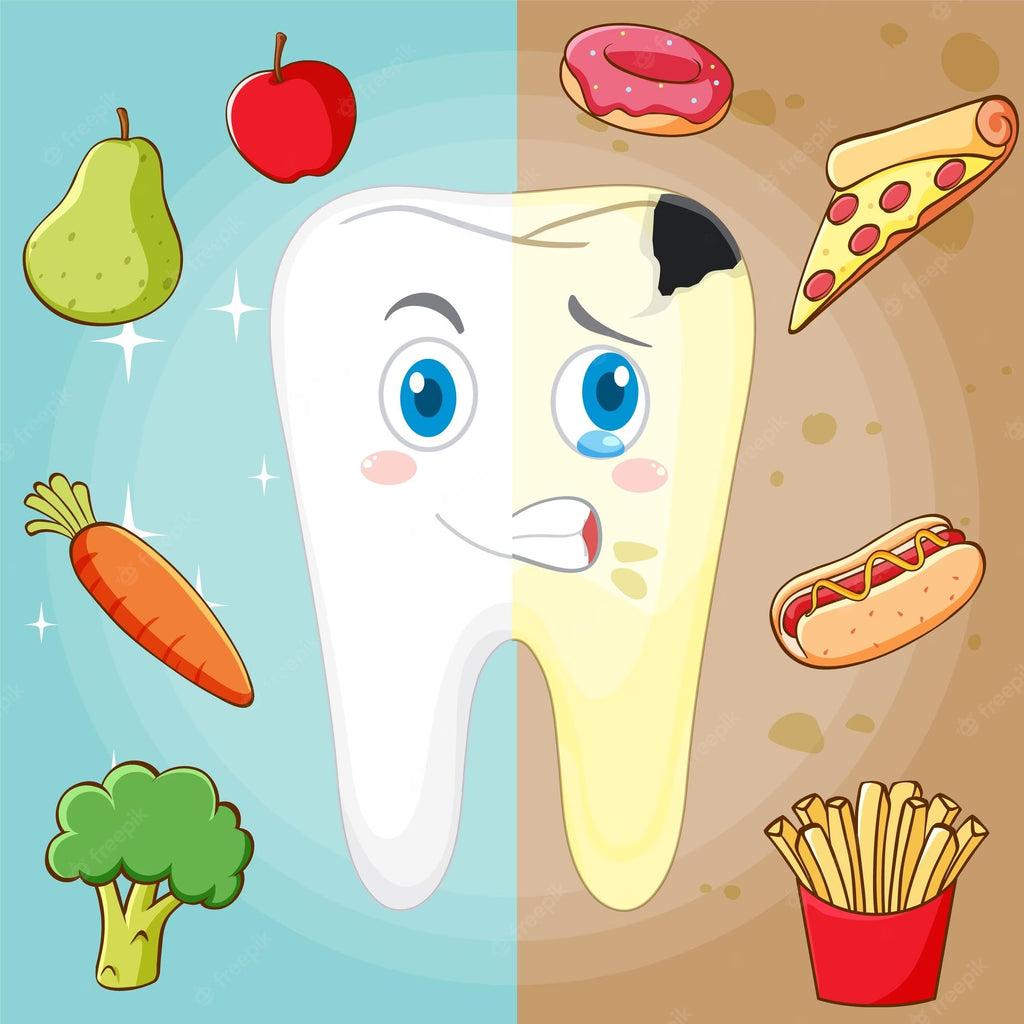
Crucial Connection Between Nutrition and Oral Health: Guide for Better Dental Care
As a dental health professional, we understand the importance of maintaining good oral hygiene to prevent cavities and gum disease. Brushing twice a day and flossing daily are essential habits, but did you know that nutrition also plays a crucial role in keeping your mouth healthy? In this article, we will explore the connection between nutrition and oral health and how you can make better food choices to support your dental health. How Nutrition Affects Oral Health Your diet can impact your oral health in many ways. A diet high in sugary and acidic foods can increase the risk of tooth decay and gum disease. When you eat sugary foods, the bacteria in your mouth feed on the sugar and...
-
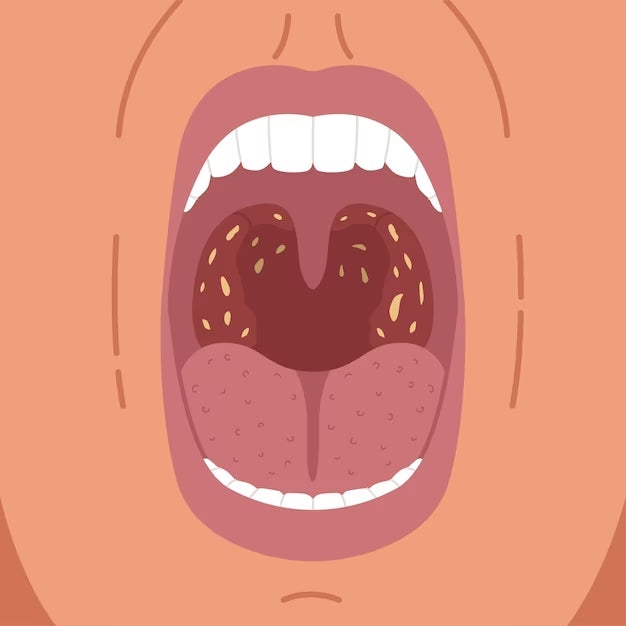
How to Treat Bad Breath Caused by Dry Mouth
Do you ever feel self-conscious about your breath? Do people avoid talking to you because of bad breath? Dry mouth, also known as xerostomia, can cause bad breath and make social interactions uncomfortable. In this article, we will discuss what causes dry mouth, how it leads to bad breath, and what you can do to treat it. Table of Contents What is dry mouth? Causes of dry mouth How dry mouth causes bad breath Signs and symptoms of dry mouth Diagnosis of dry mouth Treating dry mouth Home remedies for dry mouth Professional treatments for dry mouth Tips for maintaining oral hygiene Foods and drinks to avoid with dry mouth Conclusion FAQs What is dry mouth? Dry mouth occurs when...
-
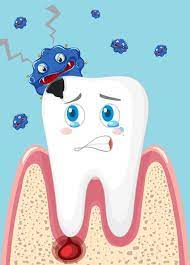
The Relationship Between Diabetes and Gum Disease: Understanding the Link
Diabetes and gum disease are two conditions that may seem unrelated, but research has shown that they are actually closely linked. In fact, individuals with diabetes are more likely to develop gum disease, and those with gum disease are more likely to have difficulty controlling their blood sugar levels. This article will explore the connection between diabetes and gum disease, and provide insights on how you can reduce your risk of developing both. The Relationship Between Diabetes and Gum Disease Diabetes is a condition that affects the body's ability to produce or respond to insulin, a hormone that regulates blood sugar levels. When blood sugar levels are consistently high, it can lead to a range of health complications, including nerve...
